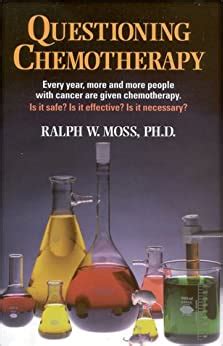A Quote by Lois Robbins
I am involved with so many charitable organizations. Lung Cancer because of my dad, Breast Cancer because as a woman and mother of two daughters I have to be, Lupus for my sister, Crohn's disease for a dear friend, as well as Oceana and The Plastic Pollution Coalition because we have to be responsible to save the planet!
Related Quotes
Since the fright of breast cancer hit our family, I have been surprised by how many people are dealing with breast cancer in their own family or with a loved one. One friend bluntly told me that she has been through it with her sister, her mom, and her grandmother, and all are healthy and mentally stronger because of the disease.
I joined forces with the American Cancer Society in 2010 as a spokesperson for the N.F.L.'s 'A Crucial Catch' campaign, which benefits the American Cancer Society. This was important to me because I lost my mother to breast cancer, and I have always felt a strong commitment to doing all I can to fight this disease.
Kanematsu Sugiura.....took down lab books and showed me that in fact Laetrile is dramatically effective in stopping the spread of cancer. The animals were genetically programmed to get breast cancer and about 80 - 90% of them normally get spread of the cancer from the breast to the lungs which is a common route in humans, also for how people die of breast cancer, and instead when they gave the animals Laetrile by injection only 10-20% of them got lung metasteses. And these facts were verified by many people, including the pathology department.
If you just do a Google search and type in 'smoking' or 'lung cancer', you will be barraged with never ending facts and numbers, like how one in every three Americans is affected by lung disease and how COPD is the third leading cause of death and if you get lung cancer the odds are 95% that you will die.
I have late-stage Lyme disease. I was misdiagnosed for many, many years and told I had lupus, MS, Crohn's disease, even degenerative arthritis. And finally in 2010, I got the correct diagnosis, because on the last Le Tigre tour, I was having several seizures a day and at times not being able to brush my own teeth.
The decrease in incidents of death from cancer is largely attributable to new medicines or therapeutics. Perhaps a third is attributable to changing our environment, and that includes of course smoking which I believe accounted for probably 20 percent of deaths from, certainly from lung cancer, more than that from lung cancer, but from cancer overall.



































